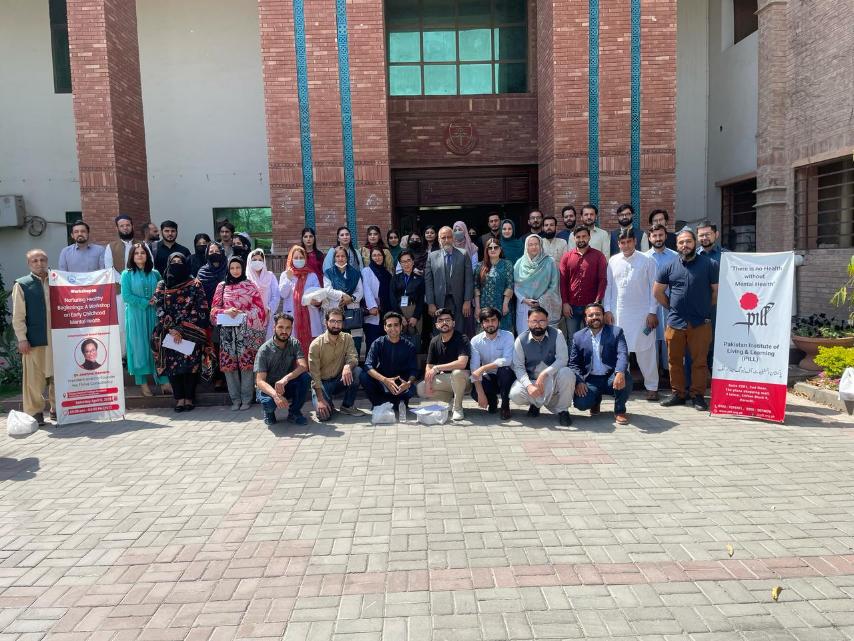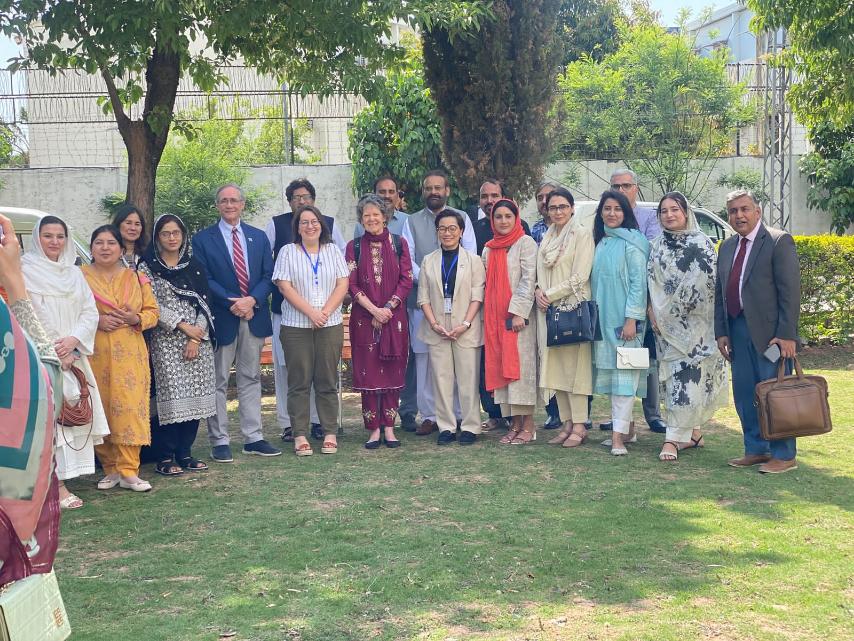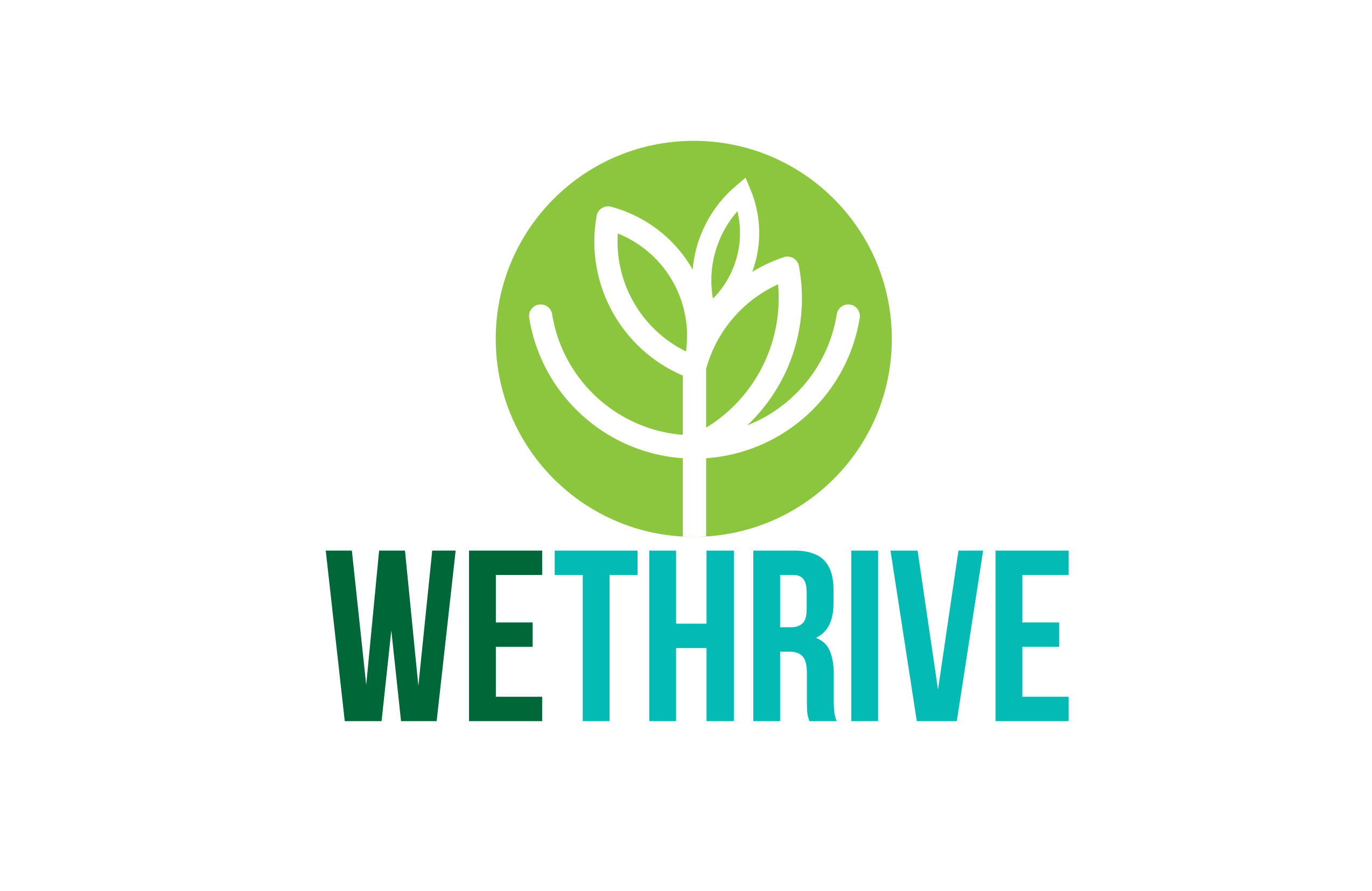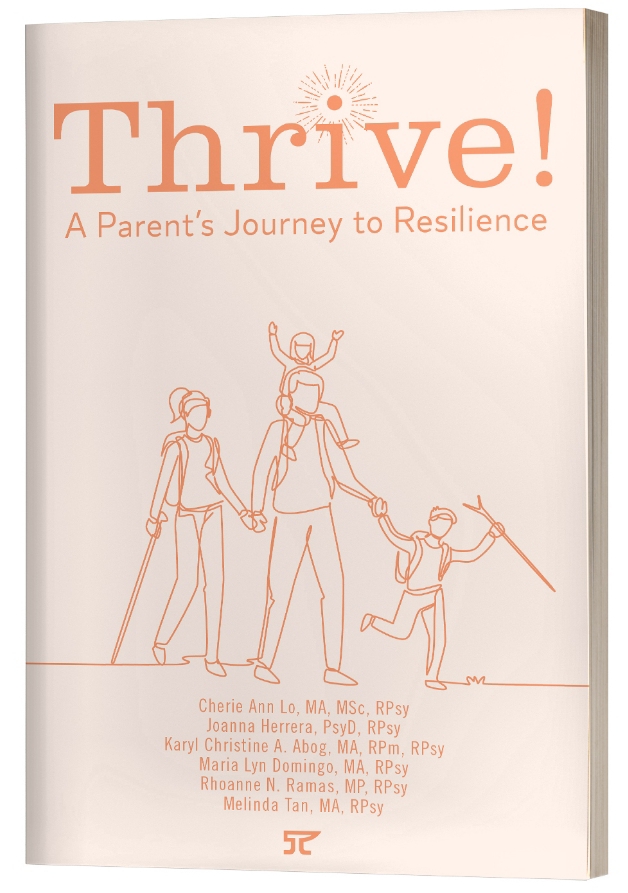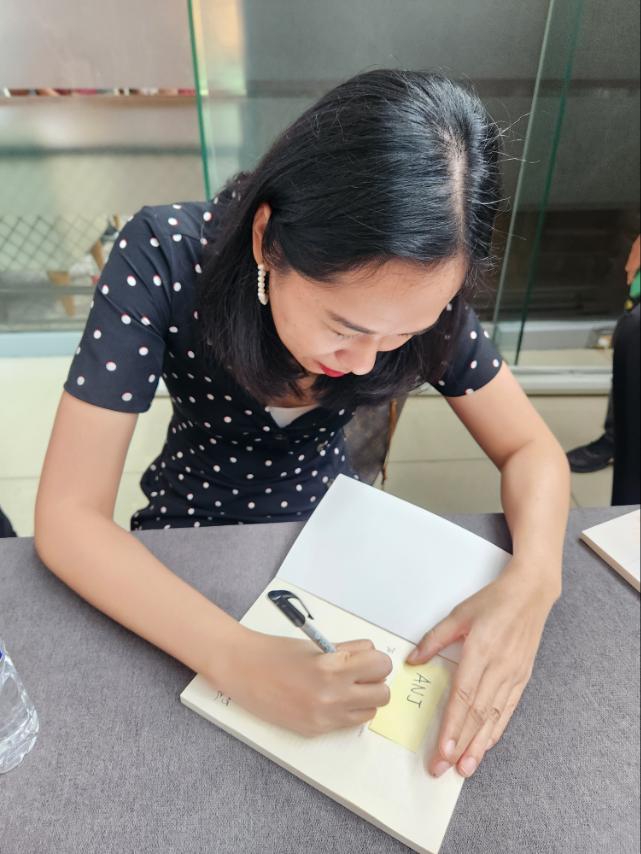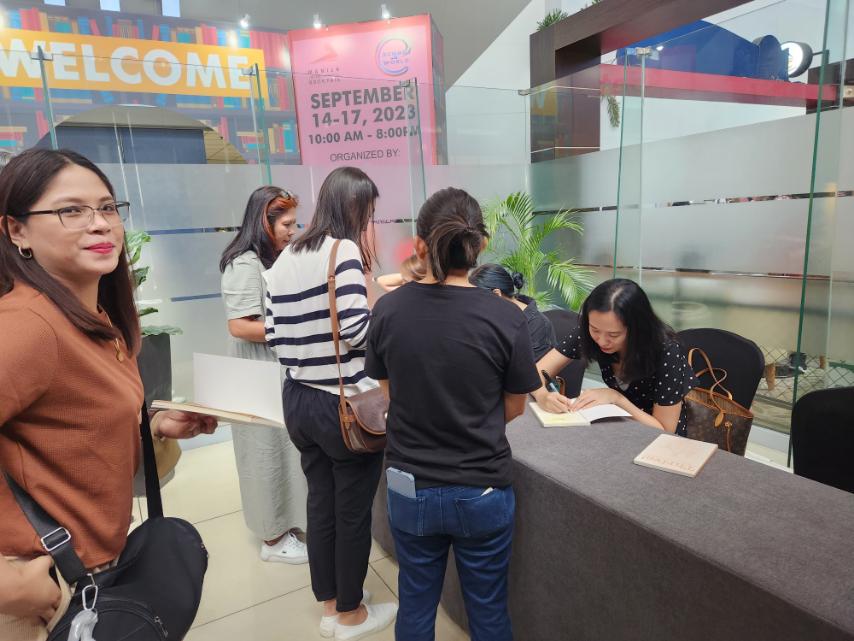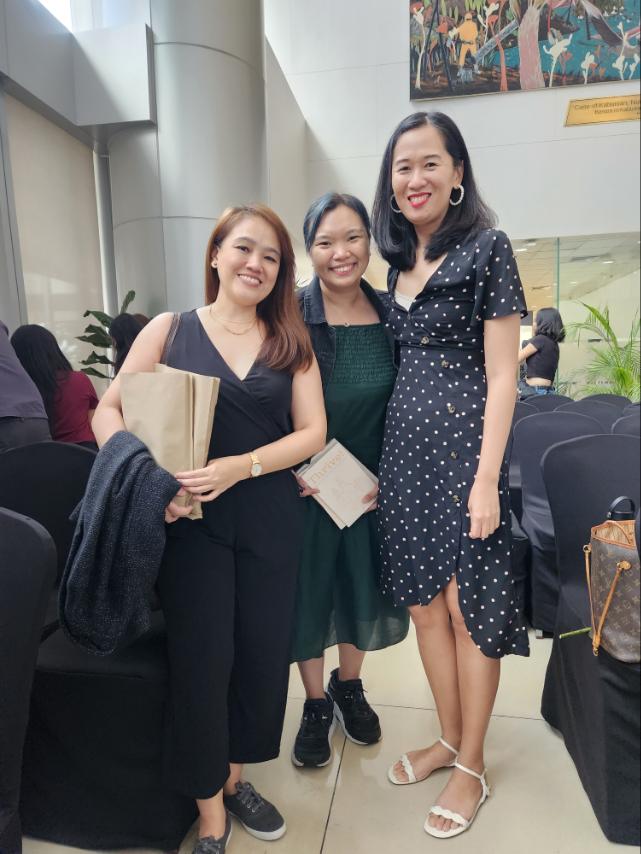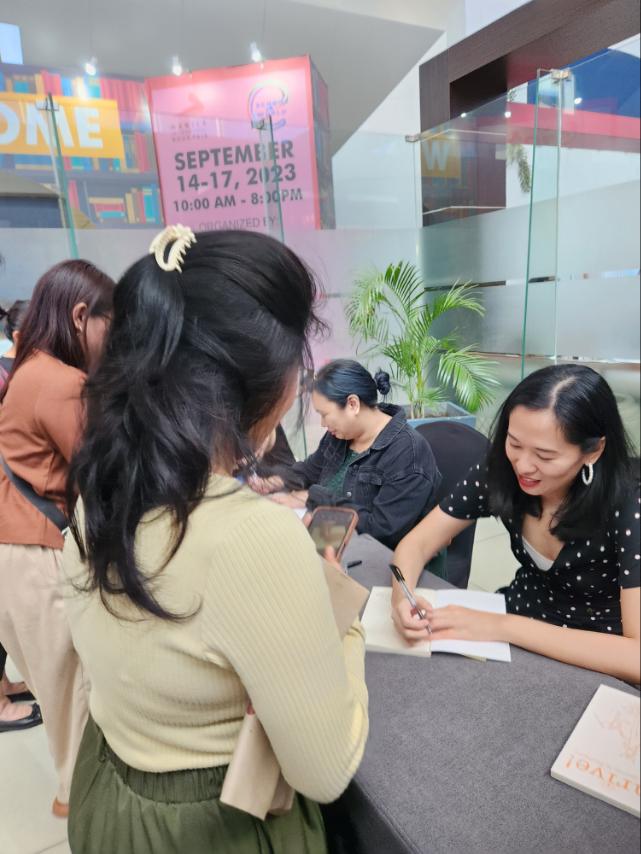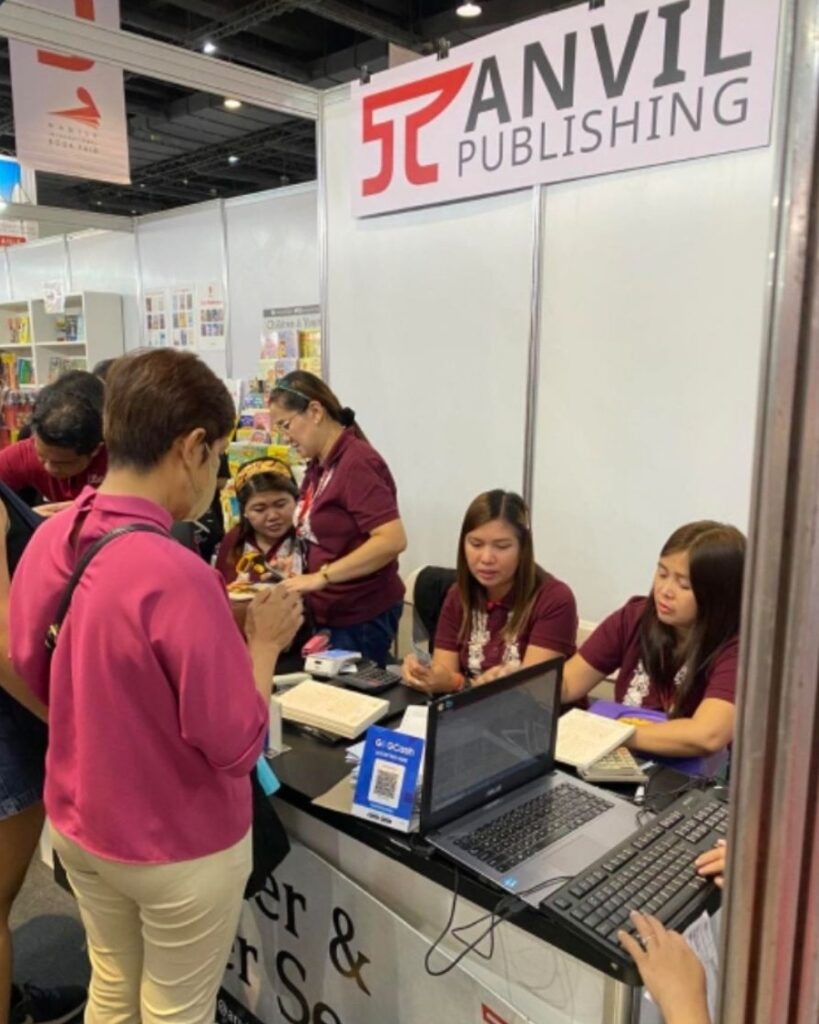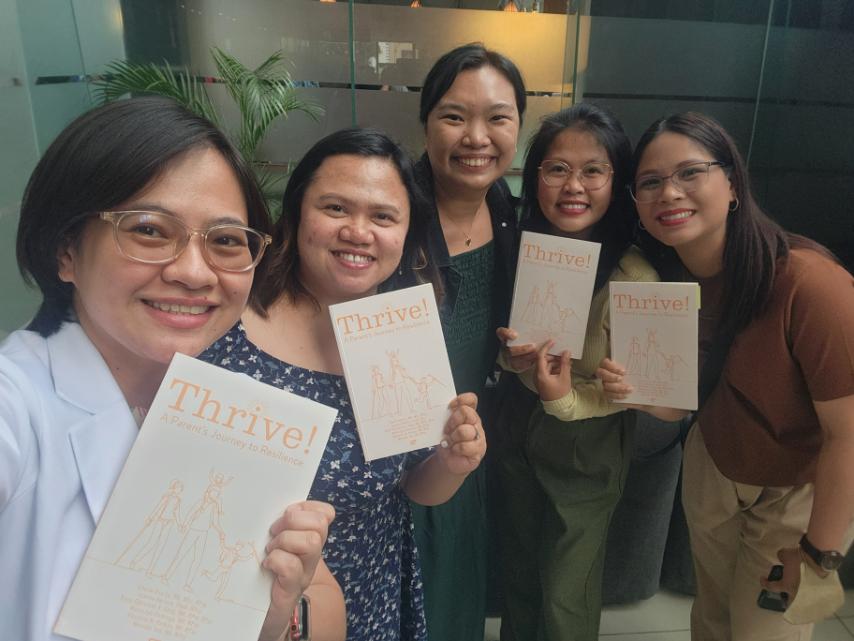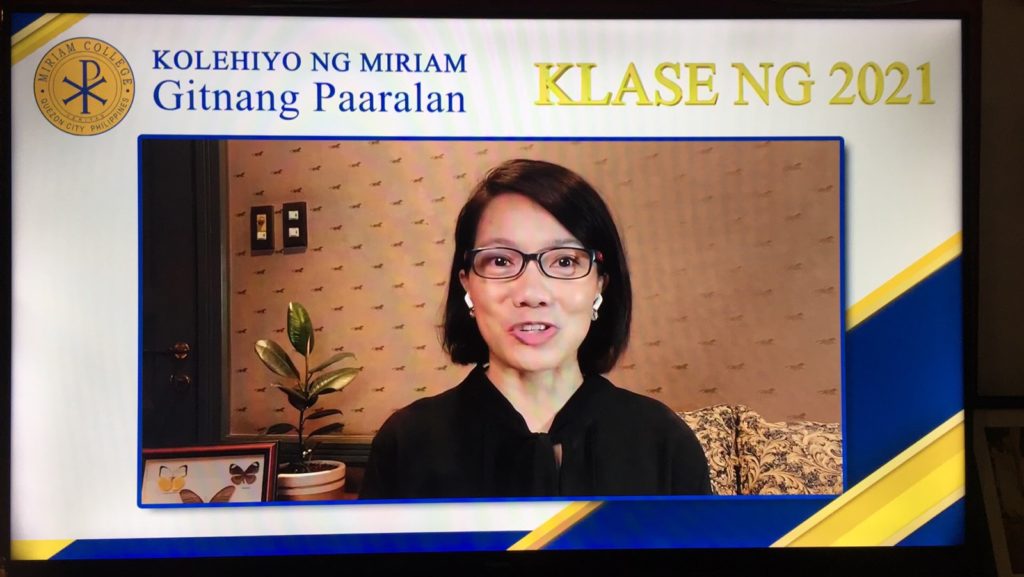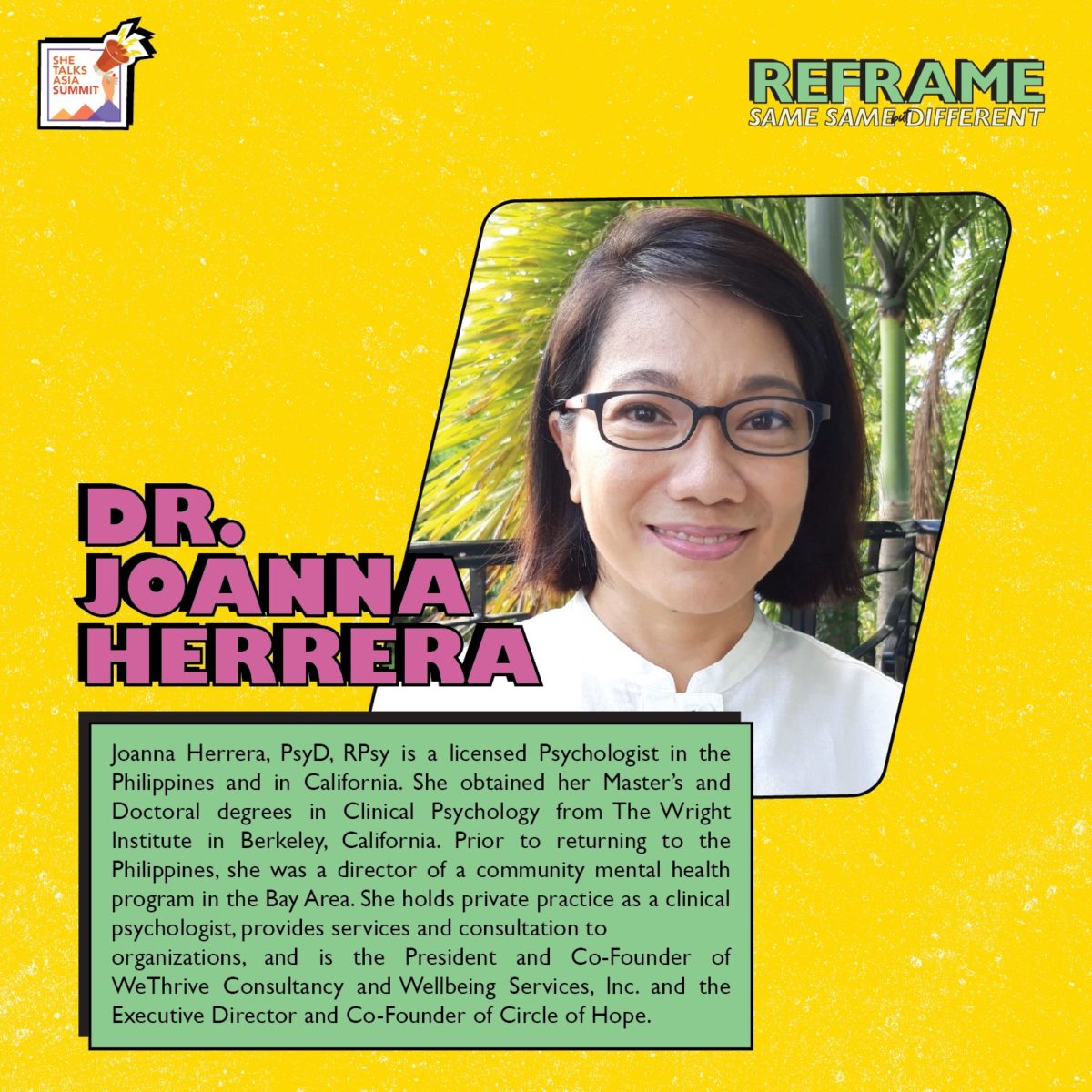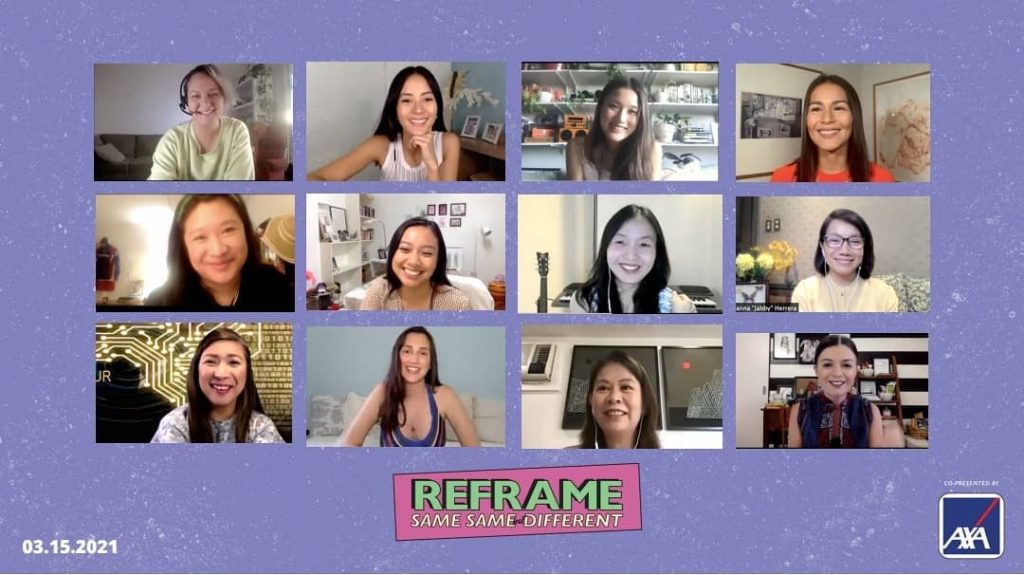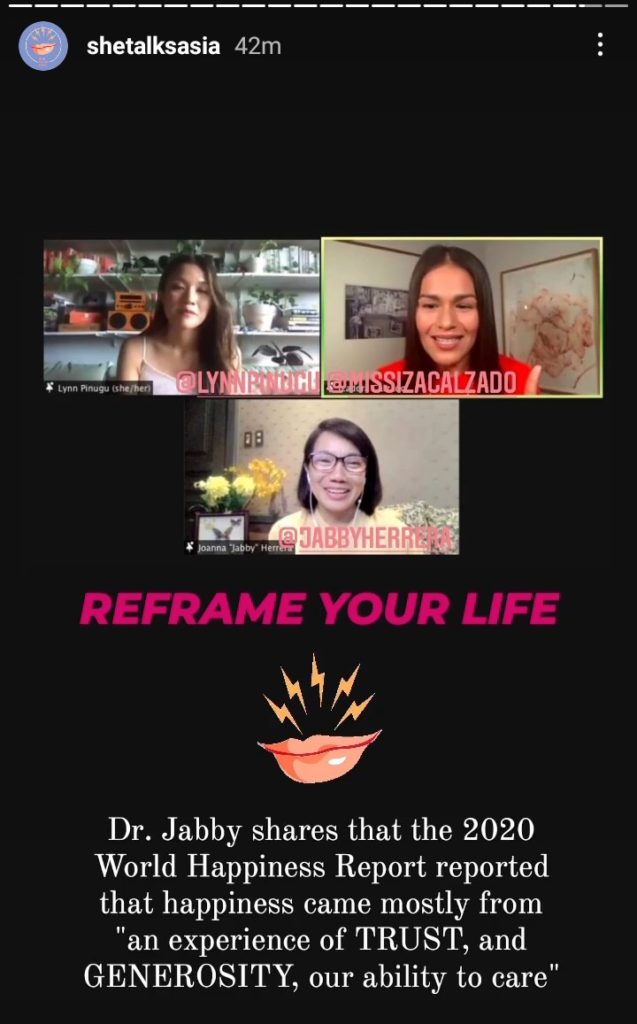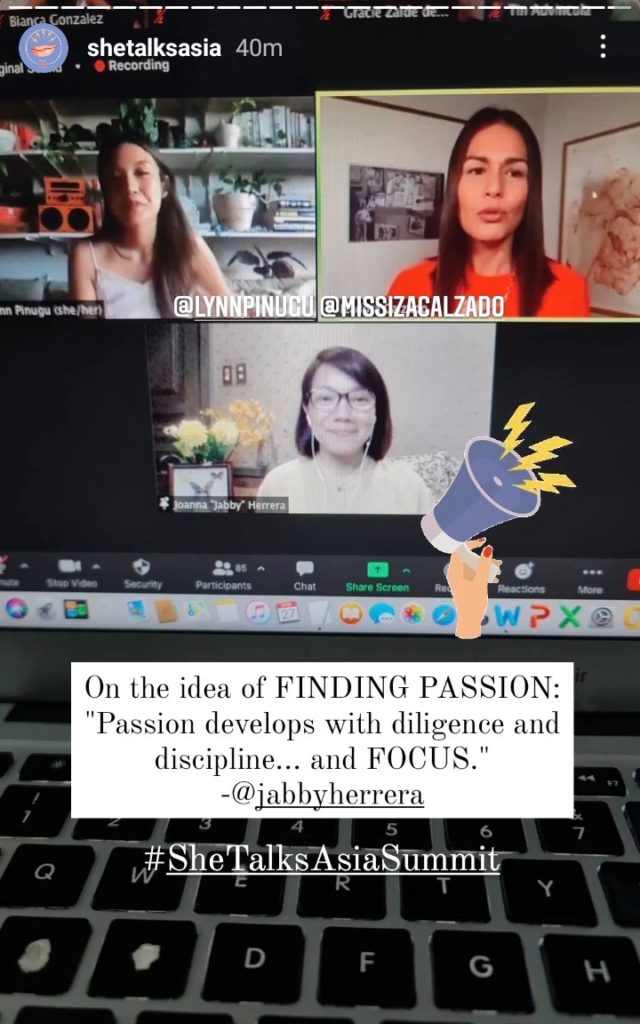Infancy is a critical time for brain development—over 1 million neural connections form every second in a baby’s brain. These connections are shaped by relationships. How an infant is nurtured literally becomes part of their nature. That’s why responsive caregiving is at the heart of mental health—and why infant mental health must be a national and global priority.
From April 11 to 13, I had the privilege of being part of a powerful convergence of global infant mental health experts at the Baby Matters Infant Mental Health Conference in Pakistan. Representing a diverse team from the United States, South Africa, the Philippines, and Pakistan, we came together with a shared mission: to support healthy beginnings for Pakistani children by laying the groundwork for nurturing, culturally responsive, and evidence-informed early childhood mental health systems.
The conference was led by the visionary father-daughter team of psychiatrists, Dr. Roop Zainab Rana and Professor Mowadat H. Rana, whose leadership brought to life not only a learning space, but a movement rooted in compassion, scientific rigor, and real transformational impact.
What made this gathering truly unique was not just the breadth of expertise, but the innovative model guiding it—the Honey Bee Model. Much like a honey bee carries life-sustaining pollen from one flower to another, this model brings knowledge, tools, and resources to various cities and sectors across Pakistan—Islamabad, Karachi, Lahore, and Peshawar—allowing each site to shape and cultivate research, training, and interventions that are deeply rooted in local realities. It’s a model that ensures the work does not remain at the level of dialogue but transforms into action that is widely accessible and locally owned.
One of the central features of the conference was the integration of policy dialogue, aiming to embed infant mental health into national frameworks and systems. The sessions acknowledged that enduring change requires coordinated advocacy across maternal health, child development, education, and community care.
In my own workshop assignment, I was honored to provide an overview of infant mental health in clinical practice to a deeply engaged interdisciplinary group that included pediatricians, psychiatrists, psychologists, nurses, and lady health workers/home visitors. The exchange of insights across disciplines was a powerful reminder that early mental health care is not the domain of one profession alone—it is a collective responsibility.
A grounding theme throughout the conference was the importance of respecting and drawing from Pakistan’s rich cultural values and caregiving traditions. Programs that resonate with people’s lived experiences, languages, and beliefs are more likely to succeed and be sustained. We were reminded again and again that effective strategies are not imported—they are co-created.
The conference also echoed a message close to my heart: maternal health is essential to mental health. Supporting mothers—physically, emotionally, and relationally—lays the foundation for their infants’ secure development. It was also heartening to witness growing conversations around father involvement, challenging traditional gender norms and opening space for fathers to take more active, nurturing roles in their children’s lives.
As I reflect on those three days in Pakistan, I carry with me deep gratitude for the graciousness and hospitality of the organizers, especially the team from Khyber Medical University. The warmth with which we were received was matched only by the passion and clarity of purpose demonstrated by every participant.
We return home not only with knowledge shared but with relationships formed and a sense of shared mission renewed. May the seeds planted through this conference take root in communities across Pakistan, and may we continue to learn from and support one another as we work for a world where every child can begin life held in safety, love, and possibility.


